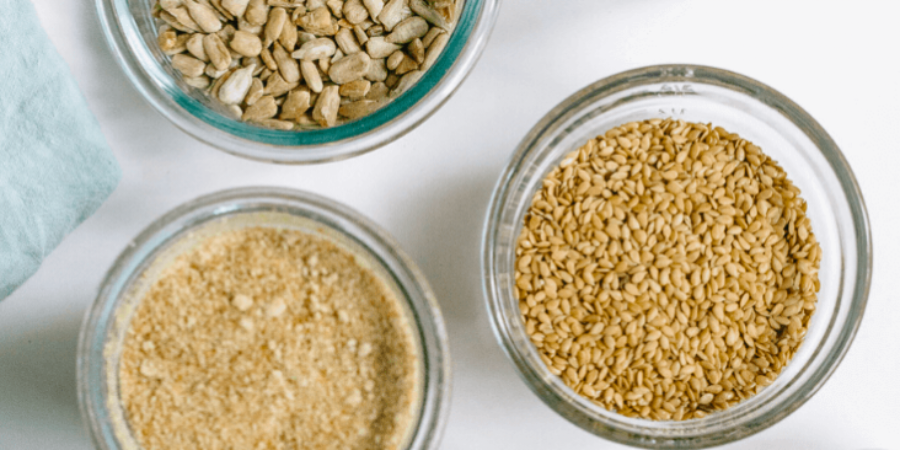

Seed cycling has become a popular trend amongst women seeking a natural approach to hormonal balance. This practice involves consuming specific seeds during different phases of the menstrual cycle, with the aim of influencing estrogen and progesterone levels. But does seed cycling truly live up to the hype, or is it simply a fad? Let's delve into the science behind seed cycling, explore its potential benefits, and address any existing concerns.
Understanding the Hormonal Dance
The menstrual cycle is a complex symphony orchestrated by hormones. Estrogen takes center stage during the first half, known as the follicular phase. It stimulates the growth of the uterine lining in preparation for a potential pregnancy. Around mid-cycle, ovulation occurs, releasing an egg from the ovary. The second half, the luteal phase, is dominated by progesterone, which helps thicken the lining further and prepares the body for implantation. If pregnancy doesn't happen, progesterone levels drop, triggering menstruation and signaling the start of a new cycle.
The Seeds of Change: How Seed Cycling Works
Seed cycling proposes that consuming specific seeds during these hormonal phases can provide gentle support. Here's a breakdown of the commonly recommended seed rotations:
The Science on Seed Cycling: Promising Potential, Yet Room for Growth
Research on seed cycling's impact on hormones is still in its early stages. While some studies suggest that the lignans in flaxseeds may influence estrogen metabolism, the overall effect on menstrual cycle regulation remains unclear.
Here's a look at what the science says so far:
Potential Benefits Beyond Hormones
While the science on hormonal regulation is evolving, seed cycling may offer other potential health benefits:
Getting Started with Seed Cycling
If you're curious about trying seed cycling, here are some tips:
Seed cycling may not be a hormonal magic bullet, but it holds promise as a natural approach to supporting your well-being. The seeds themselves are nutritional powerhouses, and incorporating them into your diet can benefit your health in various ways. Remember, seed cycling is a journey, not a destination. Listen to your body, track your progress, and enjoy the process of nourishing yourself from the seed up.


